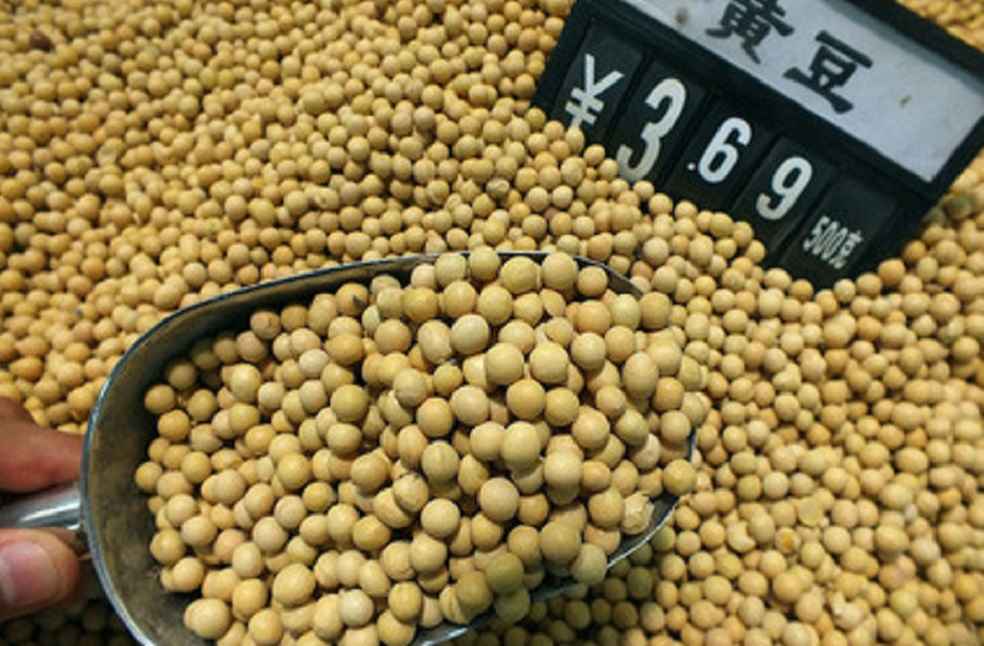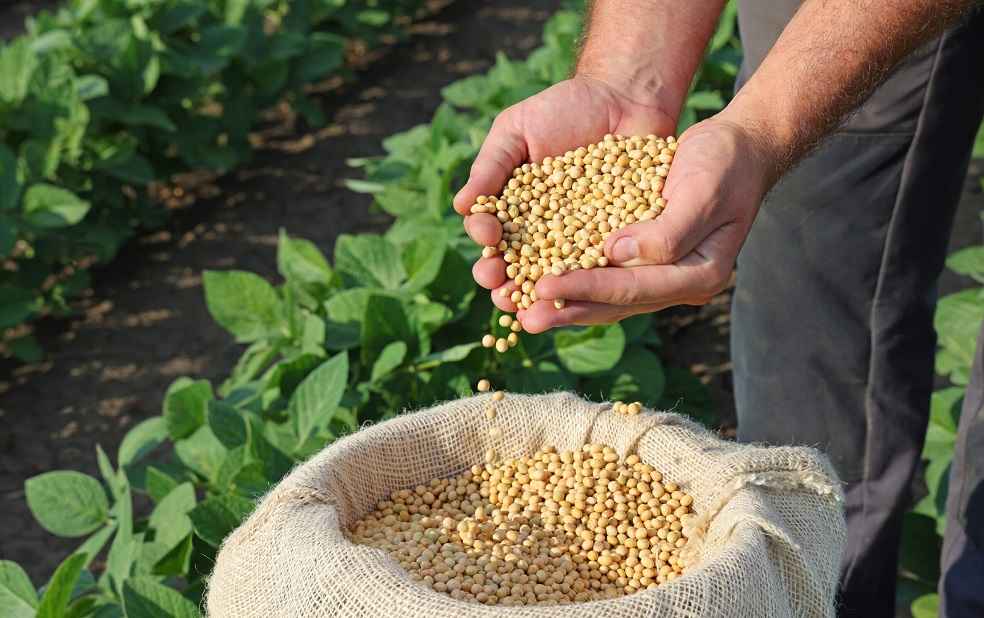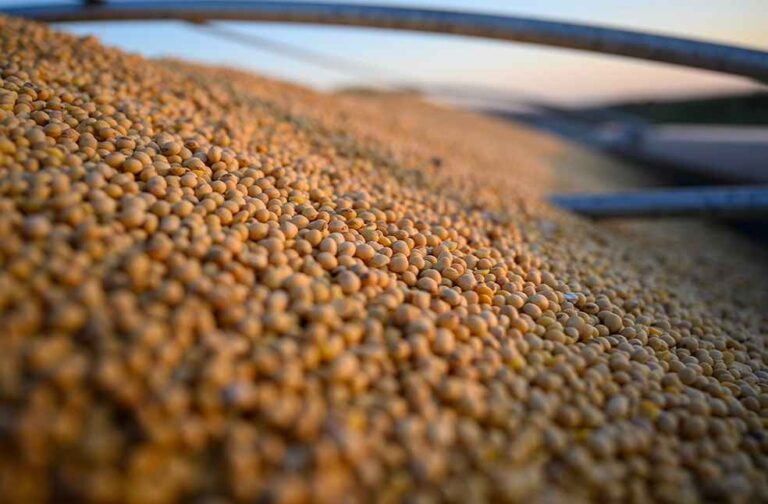The global agricultural stage witnesses soybeans as a crucial crop, spotlighting the economic and political duel between the United States and Brazil, with China playing a pivotal role. This narrative transcends a simple agricultural tale, embodying global trade intricacies, advancements in agriculture, and geopolitical strategies with significant implications for nations worldwide.
US-Brazil Duel for Soybean Dominance
The United States, boasting a soybean industry that contributed an impressive $124 billion to the economy in 2022, is locked in a competitive struggle with Brazil. Brazilian agricultural advancements, propelled by significant infrastructure investments, have elevated the nation to a leading position in soybean production. This competition reflects deeper economic strategies and geopolitical alignments, particularly with respect to China, the behemoth of global soybean consumption.

China’s Decisive Role in Soybean Trade
China’s voracious demand for soybeans dictates the global market landscape. The tariff dispute of 2018 between the US and China marked a turning point, steering Chinese importers towards Brazilian soybeans and illustrating the risks of dependency on a singular market. This shift underscored China’s strategic influence in global agricultural trade, prompting the US to reevaluate export strategies and Brazil to amplify production capabilities.
Innovations and Future Trajectories
Within this competitive arena, the impetus for innovation is paramount. The US and Brazil are venturing into novel soybean applications, from biofuels and renewable diesel to bioplastics, promising market diversification and contributions to sustainability and energy security. With rising global demand for soybeans, driven by food security and clean energy initiatives, the US and Brazil are pivotal in charting the crop’s future.

Global Economy Implications
The evolution of soybean trade dynamics highlights the interconnectedness of global agriculture, trade policies, and geopolitical maneuvers. The US-Brazil contention, combined with China’s strategic actions, underlines the intricate relationship between economic stability, food security, and environmental sustainability.
The soybean economy’s trajectory is influenced by the US-Brazil rivalry and China’s strategic position, defining the future of international trade relations. As these nations navigate impending challenges and opportunities, the global community remains attentive to the significant outcomes of this agricultural storyline for our shared future.
IMEX SECTOR | U.S. Soybean Soars in China Trade, Bolstering Economic Bonds in 2024



